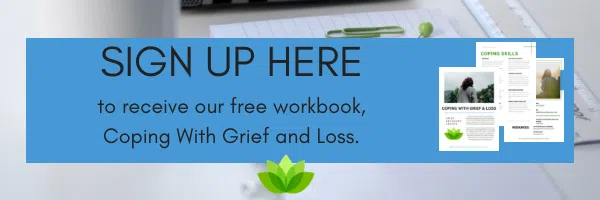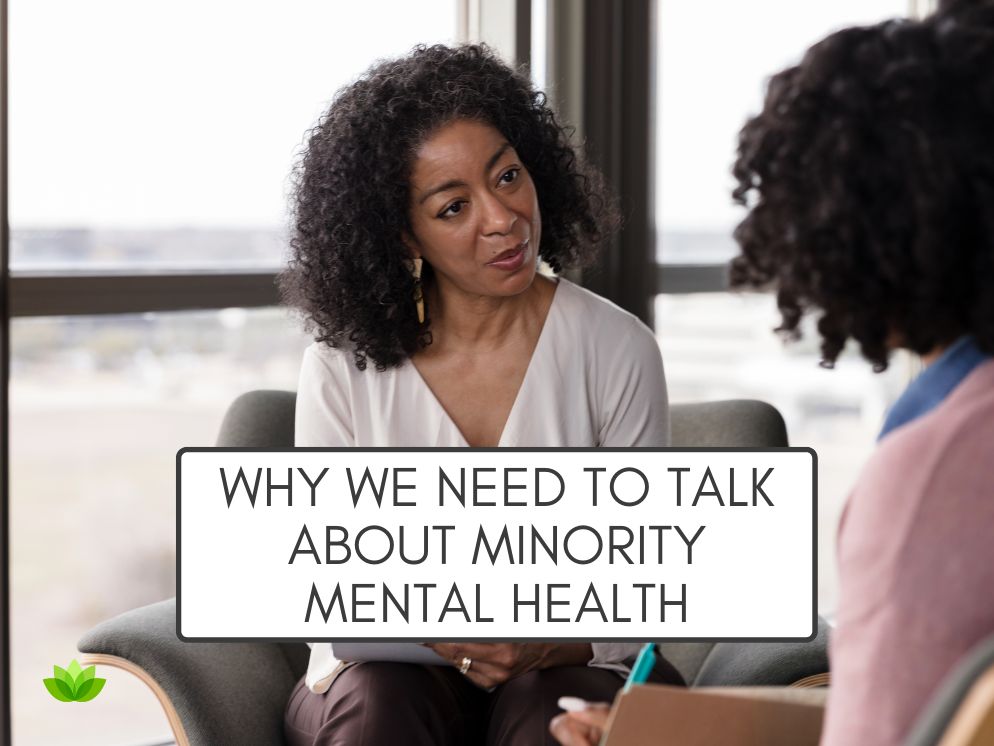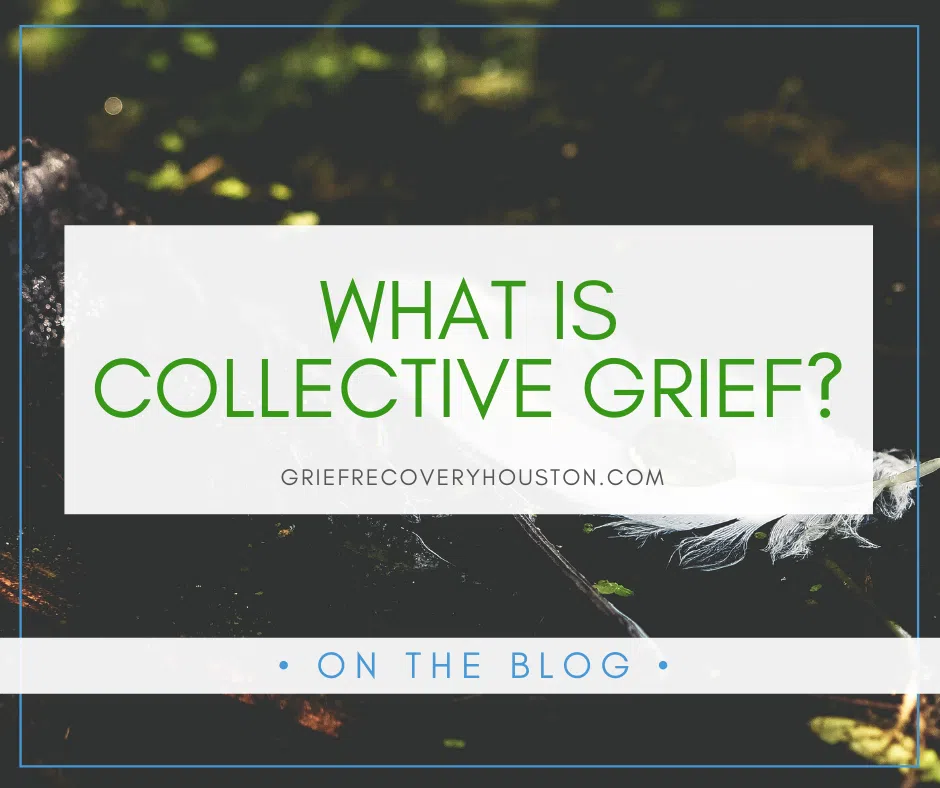- Unpacking Grief and Disability - July 8, 2024
- Breaking the Stigma: 5 Blogs to Better Understand Suicide - May 21, 2024
- 4 Tips for Better Sleep Hygiene - March 4, 2024
When you think of a breakup, what kind of relationship do you picture? If you’re imagining a romantic relationship, you’re not alone, but that’s not the only kind of relationship that can experience a breakup. Friendship breakups are a common yet poorly understood phenomenon.
 One reason that we don’t expect our friendships to end is because we think of them as long-term or even permanent relationships. However, there are lots of reasons why friendships may come to an end. Some people are only friends when they’re in close proximity to someone – like a classmate or a coworker, and when you move away or take a new job the friendship stays behind. Sometimes the circumstances of our lives lead us to friendships, like joining a support group, and once you leave the group the friendship doesn’t follow. Friendships can also be based on common interests, like sports or a book series, that can fade out once you’re not as interested in the same things anymore. Some friendships end with a long fade out, with decreasing contact over time, and some end with a big fight or disagreement.
One reason that we don’t expect our friendships to end is because we think of them as long-term or even permanent relationships. However, there are lots of reasons why friendships may come to an end. Some people are only friends when they’re in close proximity to someone – like a classmate or a coworker, and when you move away or take a new job the friendship stays behind. Sometimes the circumstances of our lives lead us to friendships, like joining a support group, and once you leave the group the friendship doesn’t follow. Friendships can also be based on common interests, like sports or a book series, that can fade out once you’re not as interested in the same things anymore. Some friendships end with a long fade out, with decreasing contact over time, and some end with a big fight or disagreement.
Another reason friendships may end is that we treat them as secondary to romantic or family relationships. It’s hard to give 100% of your energy at all times, and sometimes friendship isn’t a priority when you’re giving your energy to work or your partner or kids. We often think of friendship as being static – best friends forever! – but the truth is that friendships require commitment and work and not everyone has the capacity to provide those at all times.
That’s the tough thing about being in relationships with other people – they require nurturing and sometimes that’s not always possible. Even though it’s hard when a friendship ends for this reason, it’s a natural part of growing up sometimes. If you’ve experienced a friendship ending this way, it’s common to feel guilt or shame for not prioritizing the friendship, or even resentment for a friend that treated you this way. No matter what you’re feeling, it’s valid.
No matter how a friendship ends, it will be painful.
Friends are a major support pillar in many people’s lives, especially folks who aren’t in contact with their families for whatever reason. Once that support system goes away, it can be hard to know where to turn.

If you’re coping with the end of a friendship, here are some things that may help:
Remember what the friendship taught you
A big misconception we have is that if a relationship ends, it was a failure or a waste of time. That’s not the case at all! Every relationship teaches us something. Even if it just teaches us how we don’t want to be treated, that’s still a valuable lesson. Friendships are often a source of joy and safety, and if your friendship brought that to you for a time it should be celebrated. Take some time to jot down things you want to remember about this relationship – maybe a trip you took, an inside joke, an important memory, or a lesson you learned from them. It might be hard to remember after a while, and it can be nice to look back on an old friendship in a positive light instead of in a sad way because it’s over.
Acknowledge your role in the relationship ending
First, think about the friendship and how it ended, and what role you played in it. Are there things you could have done differently? Take some time to think about the part you played in the friendship and if there’s anything that you need to reckon with. Acknowledging that you could have done something differently or that you had a role in the way things ended doesn’t mean that everything was your fault, it just helps you understand the bigger picture of the situation. If it’s too painful to think about in the immediate aftermath of the friendship breakup, don’t feel a need to rush this step. Take some time to cope with your acute distress and come back to this part when you’re ready.

Forgive yourself and them

This one is not required, but sometimes forgiveness can go a long way. Forgiveness is commonly understood to mean that you’re okay with what someone did, but that’s not what it actually means. Forgiveness doesn’t have to be about approving of what happened, or brushing it aside. It just means that you stop giving it power over your current emotional state. It’s painful to carry around resentment and hurt for years, and it can be a good feeling to set that down. You don’t have to involve the other person at all if you don’t want to or aren’t able to. It’s also helpful to forgive yourself for the role you played in the friendship and how it ended. You’re a human, and you’re not perfect and you don’t have to expect yourself to be. It’s okay to make mistakes, but it’s not okay to punish yourself for them forever.
Remember that you’re worthy of friendship
When we lose a friend, it’s easy to feel like we’ll never have a connection like that again. You might even feel like you’re not worthy of friendship or that you’re not a good friend. If you’re feeling that way, you’re not alone. However, don’t let the pain of your emotions distract you from realizing your self worth. It’s hard to believe in yourself when you’re in pain or grieving someone, but know that you will eventually find new friendships that will make you happy. It’s a matter of time.
If you’re looking for more support as you process the end of your friendship, our clinicians at Grief Recovery Center in Houston, TX can support you. Get in touch with our office today to book a session.






No comments yet.